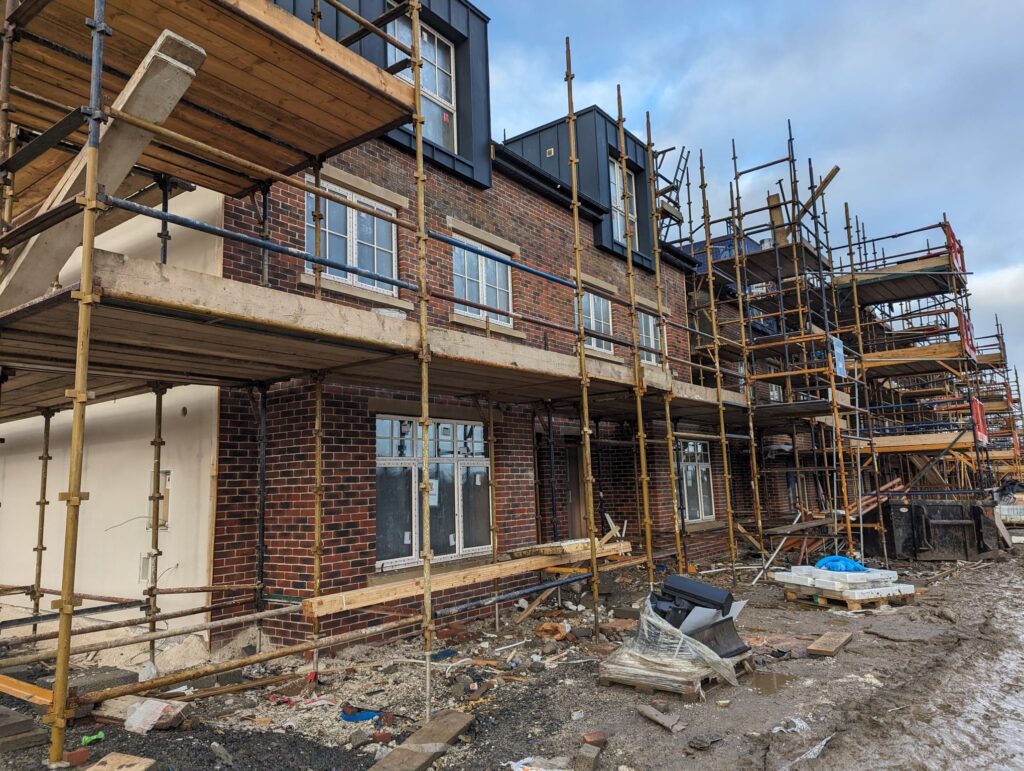Irish Economic Expectations for 2024

2023 has been a mixed bag for the industry and for the wider Irish economy. As we enter 2024, the Irish economy presents another fairly complex picture. Despite entering its first official recession in more than a decade, there are nuanced dynamics at play. Sarah Collins had an interesting composite article in the Irish Independent recently that featured insights from stakeholders in the real estate and construction sectors, titled ‘Boom or bust, why is it so hard to get a read on what drives the Irish economy?’
The contraction of the Irish economy in 2023, marked by a significant decline in GDP and goods exports, has raised concerns. However, this contraction is largely influenced by external and multinational factors, such as contract manufacturing, which disproportionately affect the gross output figures. Notably, the service sector, especially computer services, has shown remarkable growth, providing a much-needed balance to the overall economic picture. Despite the recessionary status, several positive economic indicators suggest underlying resilience. For instance, the growth in service exports, led by the technology sector, has been significant. This growth, coupled with steady increases in tax receipts, including income tax, points to continued domestic economic activity. The robust Irish job market, reaching record employment levels, further reinforces this resilience. While sectors like technology have seen some slowdown in job creation, the overall employment trend remains positive, underscoring the economy’s foundational strength.
Forecasting 2024
No commentator in Ireland is likely to use the term ‘soft landing’, however, looking ahead, the outlook for 2024 is cautiously optimistic. Economic forecasts, collating various international and Irish sources as reported by the Irish Independent, anticipate growth projections between 2 and 3 percent. This optimism is underpinned by expectations of reduced inflation and increased consumer spending power, alongside sustained government spending. Of course, we are not naive to the potential risks, including volatility in multinational activities, global economic shifts, and geopolitical uncertainties. Nonetheless, Ireland’s current economic structure, characterised by healthier balance sheets and a significant current account surplus, positions it more robustly compared to the post-2008 period.
So, what does this mean for real estate and construction? This economic landscape presents a mixed bag of challenges and opportunities. While the overall economic growth and stable job market provide a conducive environment, the sectors must contend with specific challenges such as rising construction costs and changing demand patterns. The key for stakeholders, particularly non-bank lenders like ourselves, is to approach 2024 with a strategy that blends cautious optimism with agility, which is not unlike the strategy adopted by our homebuilding clients.
Accepting the Irish economic landscape for 2024, as analysed in the Irish Independent article, will be marked by both potential growth and inherent risks, there is a need for more strategic planning and adaptability. If you or your team would like to chat through any potential projects for 2024, just reach out to myself or any of the Lotus Investment Group team.
We wish you all a happy and prosperous new year!
Ian Lawlor
086 3625482
Managing Director
Lotus Investment Group
